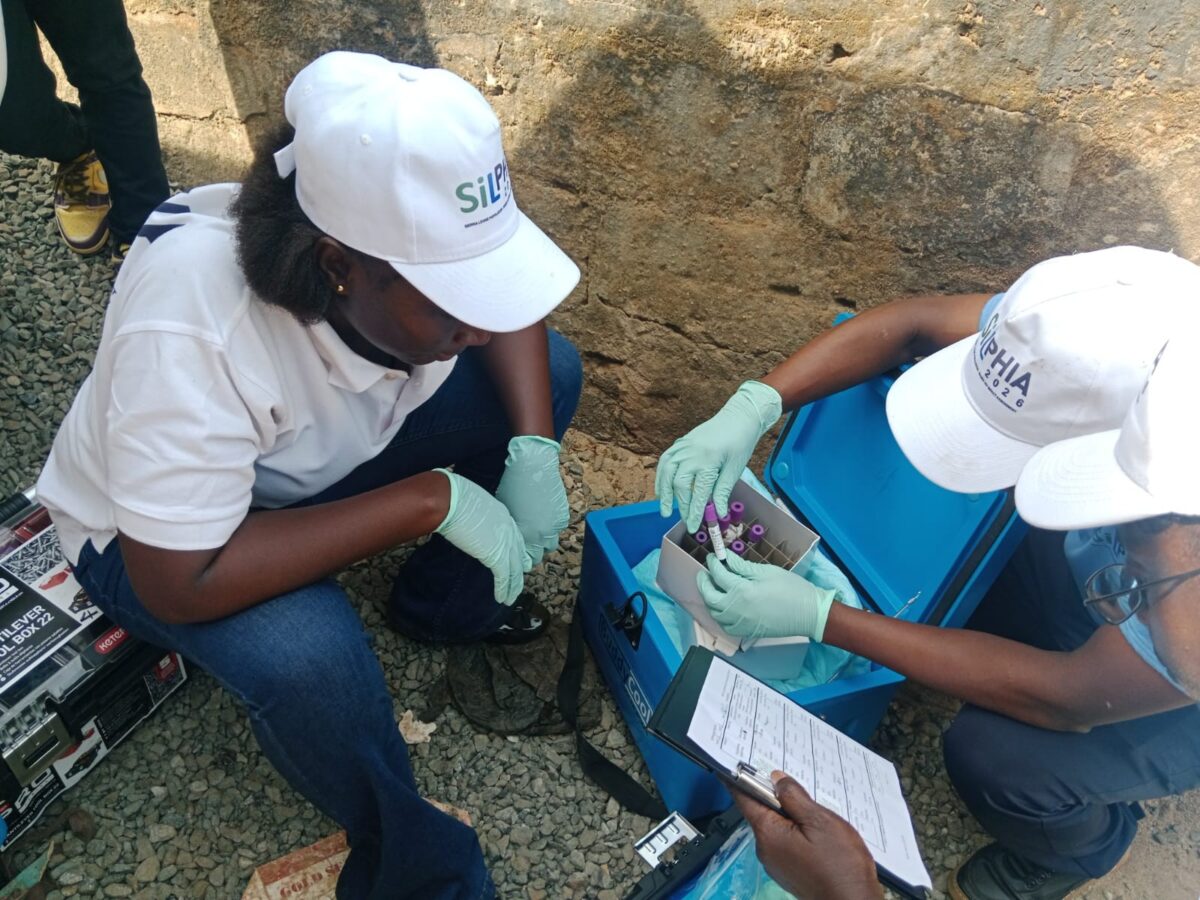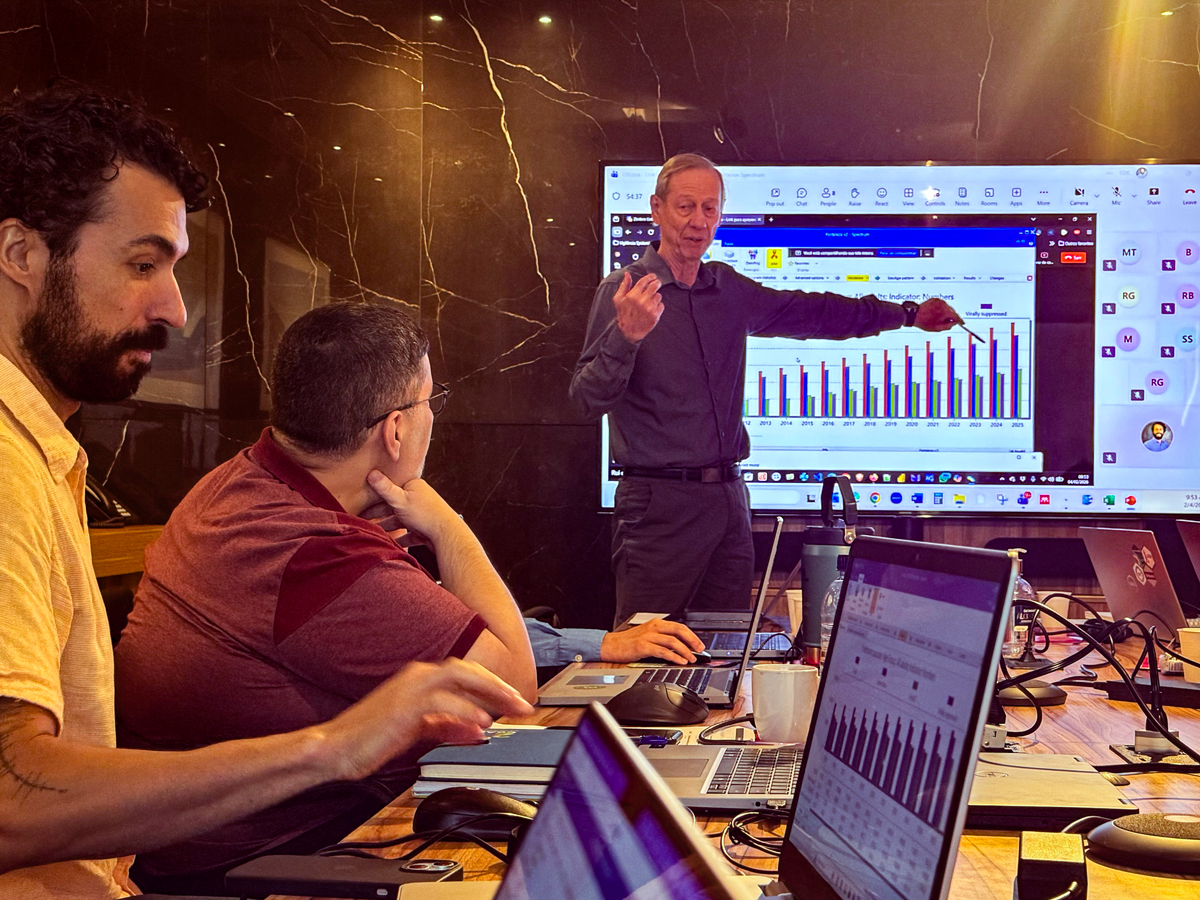In the Republic of Mali–one of the world’s poorest countries–approximately 66,000 of the nation’s 14.5 million people are living with HIV; more than half of the infected are women age 15–59. While women are disproportionately affected, several key populations are at risk and have yet to be included in routine HIV surveillance in Mali. These at-risk populations may include men who have sex with men, miners, incarcerated populations, and drug users.
This October, ICAP partnered with the International Center for Excellence in Research (ICER-Mali) at the University of Bamako to begin work on HIV strategic information strengthening in Mali. ICAP and ICER-Mali will concentrate on supporting the Mali Ministry of Health to enhance HIV surveillance in the country and develop monitoring and evaluation capacities that will help to characterize and quantify the level of risk and burden of HIV infection among most at-risk populations, including men who have sex with men and informal and formal miners. Through this work, ICAP and ICER-Mali aim to support the national understanding of the HIV epidemic in Mali with respect to the key populations at risk. The partnership also intends to build capacity to design a more effective response to the epidemic, as well as assess the progress and effectiveness of HIV, STI, and integrated health programs.








